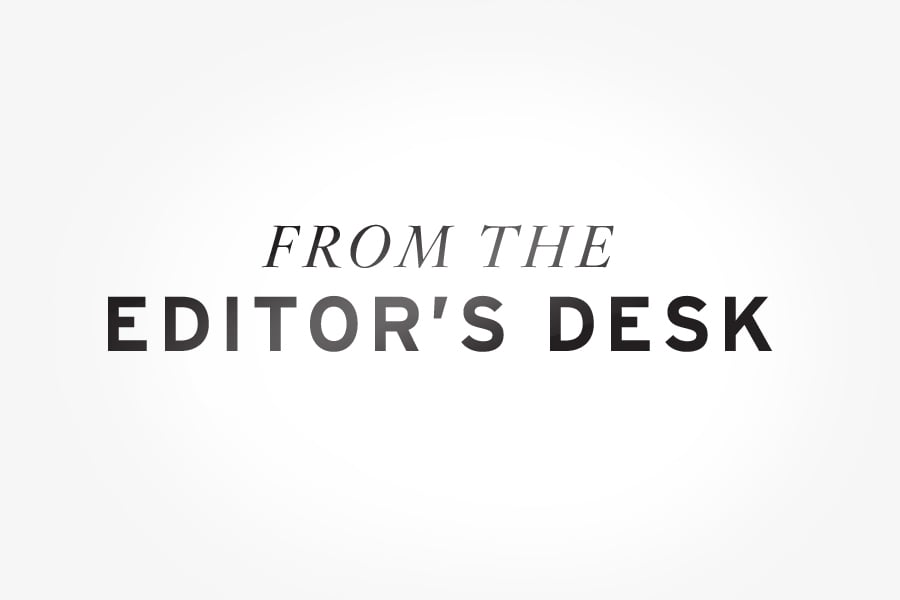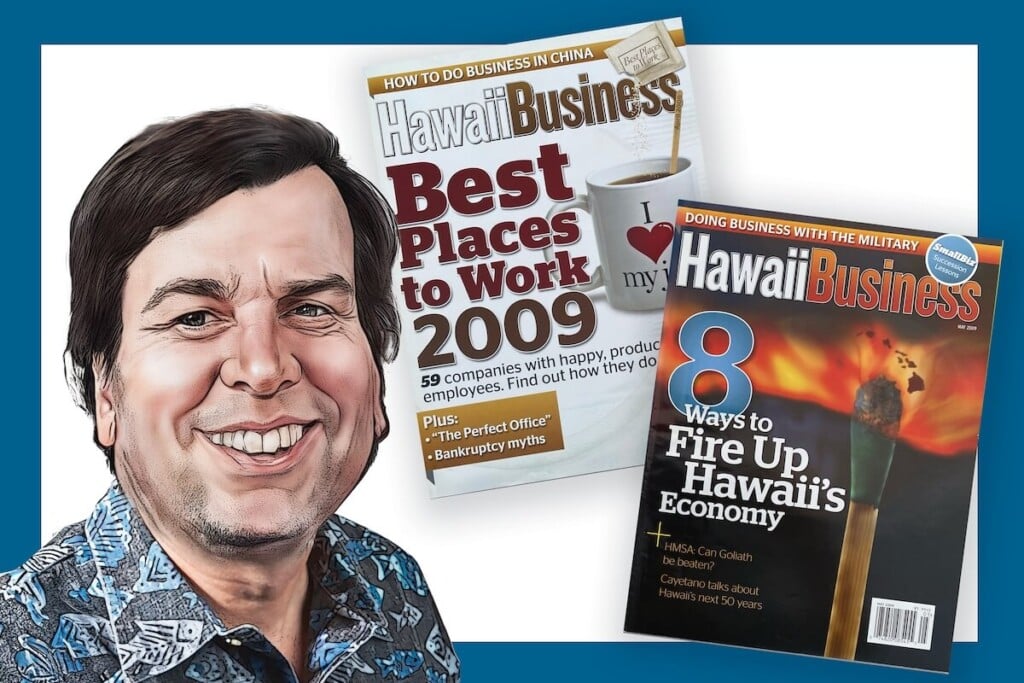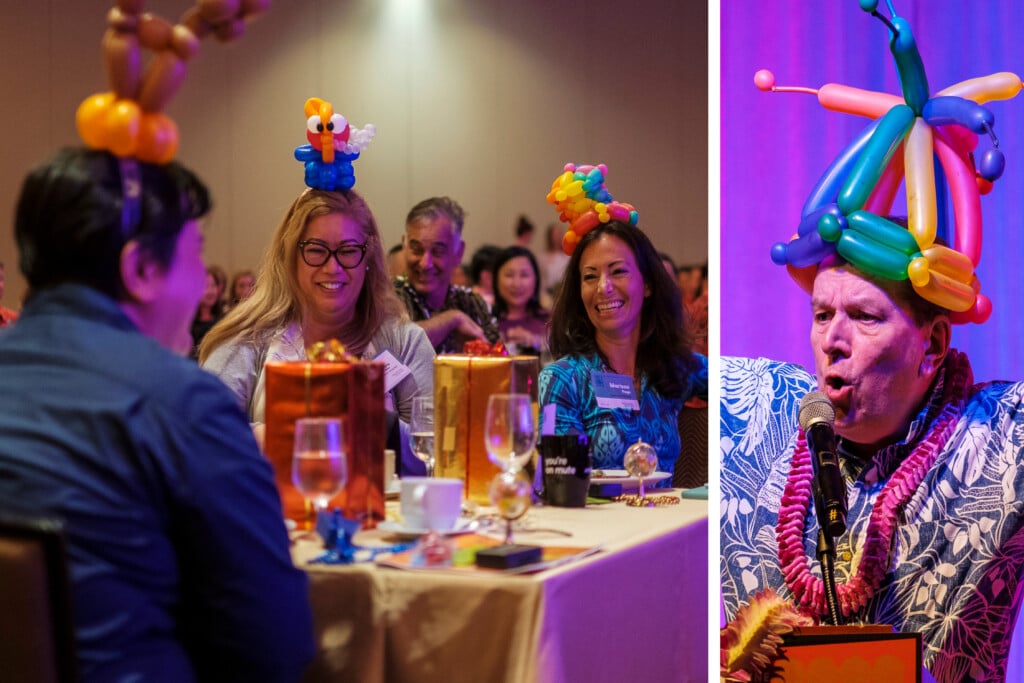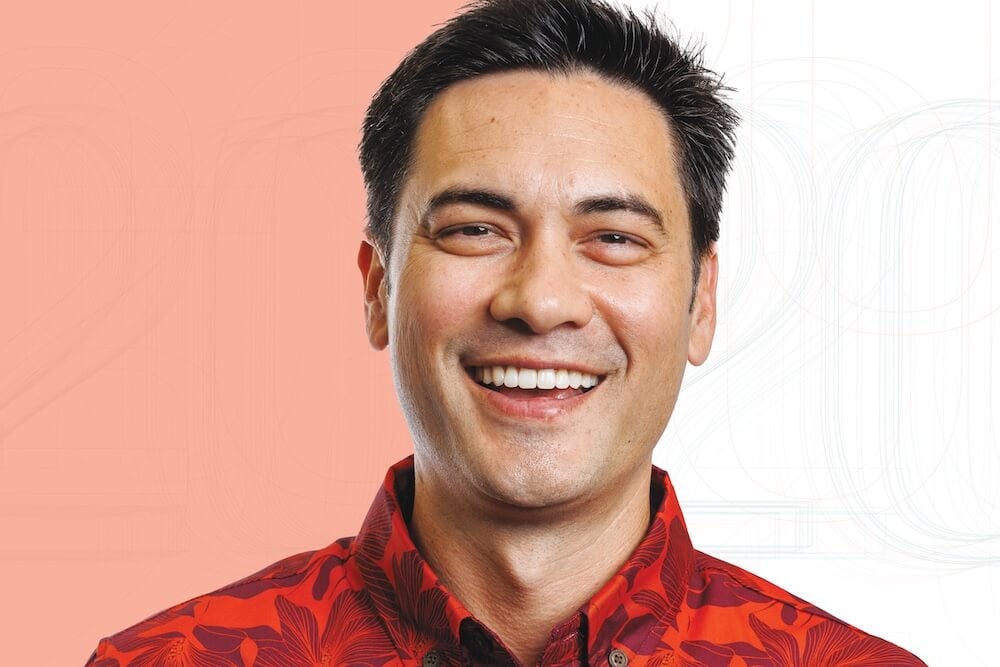Whose Truth Are We Talking About?

When I moved to Hawaii in 1981, I found it odd that many of the best-regarded or best-selling books about Hawaii were written by outsiders: “Shoal of Time” by Gavan Daws, now a deep-rooted resident but back then not long off the boat from Australia; “Hawaii Pono: A Social History” by Lawrence Fuchs, a visiting professor from the Mainland; and “Hawaii” by James Michener, the massive, multiplotted novel in the author’s exhausting style that he later applied to every place from Poland to Alaska to Space.
During the first few years I lived here, my back-of-the-envelope theory about the outsider authors was this: The longer you lived here, the more you realized how complicated the Islands are. You find it harder to actually describe Hawaii, even when you have an entire book in which to do it. No matter how many facts and nuances you put in, you’ve left out so much more.
Over time, I realized that my initial theory, though not wrong, was too simple. More important: The longer you live in Hawaii, the bigger your personal stake becomes. Of course, if you are born here, your personal stake goes back long before your birth, to when your ancestors first stepped off the boat, whether that was a century ago or 15 centuries ago. Your stake, whatever it is, colors your description of Hawaii and you cannot provide an outsider’s perspective that can be both naive and refreshingly objective.
Your personal stake is always evolving. It changes when you choose a career or a mission, launch a business, buy a home, start a family or send your children to school. Own a home and you want real estate prices to rise; still a renter and you want them to fall. My good news is your crisis.
That personal stake affects your judgment on what’s important to preserve in Hawaii, and what tradeoffs to make to solve our problems, or even what the problems are. So when I now read a book about Hawaii, the author’s stake is usually obvious to me. That doesn’t necessarily mean the facts are wrong; just that I can see what the author chose to include and exclude, what was emphasized and what was glossed over. As journalists, my staff and I strive to be open and evenhanded, and collect many viewpoints, but we know our stakes are always lurking in the background.
A personal example: On the Presidents Day weekend, the city banned all parking from 10 a.m. to 6 p.m. in Lanikai, my neighborhood. The residents celebrated; just like the old days, they said, before Lanikai was overrun by tourists and locals. No parked cars blocking the bike path or your driveway, no people pissing on your lawn, only a dozen people on the Kaiwi Ridge trail instead of hundreds, and a beach with plenty of room to run and play. Of course, if you lived in a 600-square-foot apartment in town and wanted to take the kids to Lanikai Beach, you had to ride TheBus with your boogie boards and sand toys. Or you went to someone else’s beach and made it a little more crowded. There are strong cases to be made either way, but your stake tends to define what you see as a problem and its solution.
What’s your stake on Mauna Kea? Do you to want to restore and preserve a sacred Hawaiian place, or preserve and increase the hundreds of good-paying jobs within a high-tech sector that spends hundreds of millions of dollars on Hawaii Island and the state? Contributing writer Ilima Loomis considers the future of astronomy in Hawaii on page 59 and, if you favor astronomy, the outlook is not sunny. I can’t trace a dime of my income directly or indirectly to the telescopes, but it sickens me that we might be unable to reconcile nature and modernity and let a diamond of the local economy slip from our hands.
My baby girl is going off to college on the Mainland next fall, and my wife and I are planning to rent our top-floor bedroom to help pay for that. We did the math: If we rented to tourists, we would make at least three or four times as much money than if we rented long-term to a local. After all, we’re in Lanikai with an ocean view.
Of course, hundreds of homeowners in Kailua and many thousands across Hawaii are already renting spare bedrooms, cottages and entire houses to tourists. Great income for owners and perfect for tourists who want to go local, but each of those tourist rentals means one less unit available to a local person or family to live in. If we were building lots of new homes in Hawaii, that would not be a problem, but instead it’s a zero-sum situation: Your tourism windfall is indirectly someone else’s housing problem.
So what’s your stake in Hawaii’s housing crisis and homeless epidemic?






